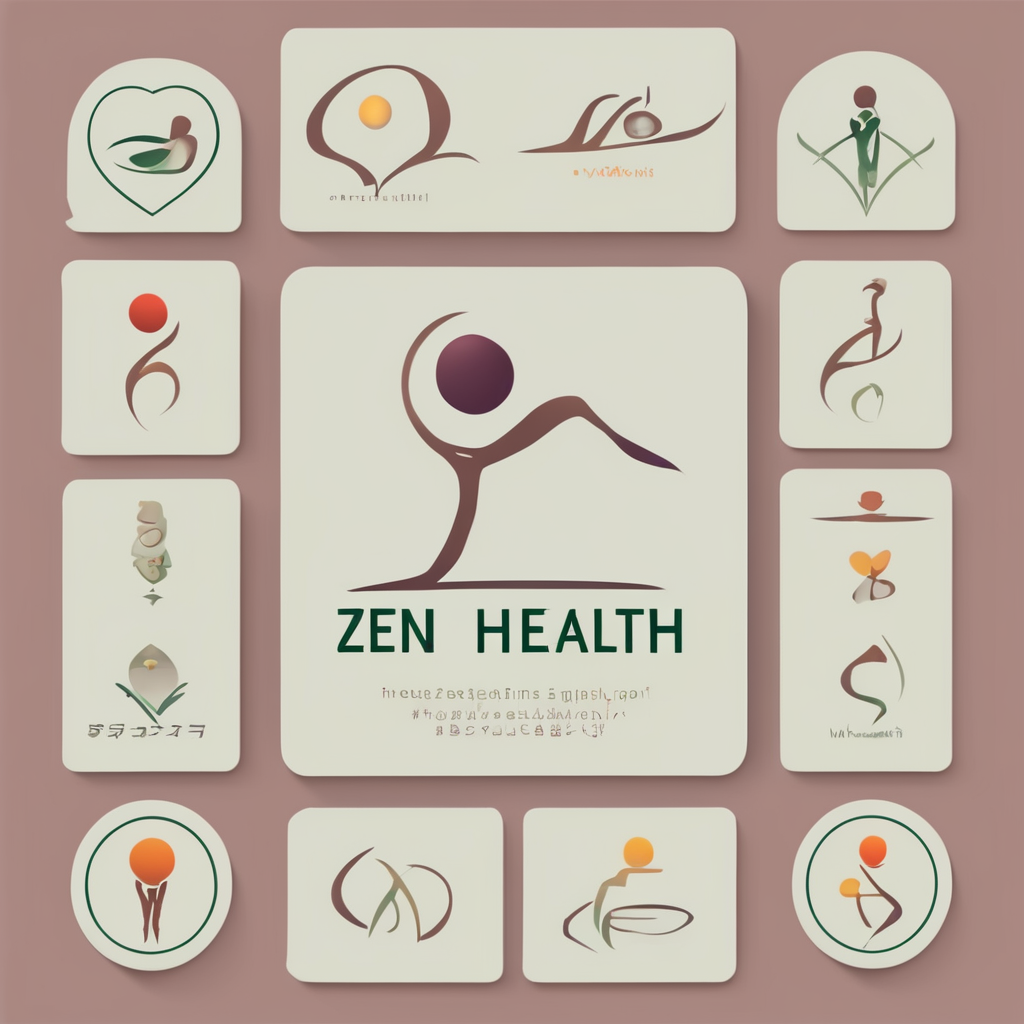In today’s fast-paced world, stress has become an unwelcome companion for many. As life becomes increasingly demanding, it is crucial to understand how chronic stress can affect both your hormonal balance and reproductive health. While everyone experiences stress to some degree, prolonged exposure can have profound implications for your body’s system, affecting everything from cortisol levels to fertility.
In this article, we delve deep into the intricate relationship between chronic stress and hormonal balance, particularly focusing on its impact on women’s health. By tapping into comprehensive resources such as Google Scholar and PubMed, we aim to provide you with a clear understanding of how stress influences your body and what you can do to mitigate its effects.
Topic to read : Exploring the Importance of Genetic Counseling for Hereditary Breast and Ovarian Cancer Risk Assessment
The Connection Between Stress and Hormonal Levels
Our bodies are equipped with a sophisticated system designed to respond to stress, known as the hypothalamic-pituitary-adrenal (HPA) axis. This system orchestrates the release of cortisol, often referred to as the “stress hormone.” When functioning optimally, cortisol levels rise in response to acute stress and return to baseline once the threat has passed. However, chronic stress can disrupt this balance, leading to persistent elevations in cortisol levels.
Prolonged elevated cortisol can have a cascading effect on other hormones in the body. For instance, high cortisol can suppress the thyroid hormones, leading to fatigue and weight gain. It can also impact reproductive hormones such as estrogen and progesterone, which are vital for women’s health. This disruption can manifest as irregular menstrual cycles, diminished fertility, and even infertility.
Additional reading : What is the impact of high sugar intake on cognitive decline in older adults?
Chronic stress also affects the sympathetic nervous system, which is responsible for the “fight or flight” response. When constantly activated, it can lead to symptoms such as anxiety, depression, and even hormonal imbalances. Furthermore, stress-induced hormonal changes can alter your body’s response to insulin, heightening the risk of metabolic disorders like diabetes.
Impacts of Chronic Stress on Reproductive Health
The delicate interplay between hormones and the reproductive system makes it particularly vulnerable to the effects of chronic stress. For women, stress can manifest in several ways, each carrying implications for fertility and overall reproductive health.
-
Menstrual Irregularities: Stress can lead to irregular or missed periods. Elevated cortisol levels interfere with the signaling of the hormones responsible for maintaining regular cycles.
-
Reduced Fertility: As stress impacts hormones like estrogen and progesterone, it can lead to difficulties in conception. Research from PubMed has shown that chronic stress can lengthen the time it takes to conceive, with some studies indicating a direct link between stress levels and fertility issues.
-
Impact on Pregnancy: For those who do conceive, chronic stress increases the risk of pregnancy complications. Elevated stress hormones can lead to conditions such as preeclampsia or preterm labor.
-
Infertility: In severe cases, stress can contribute to infertility by disrupting ovarian function. Studies suggest that stress management can significantly improve the success rates of fertility treatments.
It’s essential to recognize symptoms early and consult healthcare professionals to mitigate the adverse effects of chronic stress on reproductive health.
Managing Stress to Support Hormonal Balance
Given the profound impact of chronic stress on hormonal balance and reproductive health, actively managing stress is crucial. Here are some strategies you can utilize to maintain hormonal health and promote well-being:
-
Mindfulness and Meditation: Practices like mindfulness meditation can significantly reduce stress by promoting relaxation and improving your body’s stress response.
-
Exercise: Regular physical activity helps in reducing cortisol levels and improving mood by releasing endorphins, which are natural mood elevators.
-
Balanced Diet: Eating a balanced diet rich in antioxidants, vitamins, and minerals can support your hormonal system. Nutrients like Omega-3 fatty acids and magnesium have been shown to reduce stress levels.
-
Adequate Sleep: Ensure you get enough restorative sleep, as chronic sleep deprivation can exacerbate stress and disrupt hormonal balance.
-
Social Support: Engaging with a supportive social network can provide emotional comfort and reduce perceived stress, fostering a positive mindset.
By incorporating these practices into your daily routine, you can bolster your body’s resilience against stress and support hormonal health.
While stress is an inevitable part of life, understanding its impact on hormonal balance and reproductive health empowers you to take proactive steps to mitigate its effects. By recognizing the symptoms early and adopting lifestyle changes, you can safeguard your well-being and maintain a healthy balance.
Remember, chronic stress doesn’t have to dictate your health. By prioritizing stress management and seeking professional guidance when necessary, you can foster a harmonious relationship between your mind and body. Stay informed and proactive to ensure your hormonal and reproductive health remains robust, allowing you to lead a fulfilling, healthy life.











